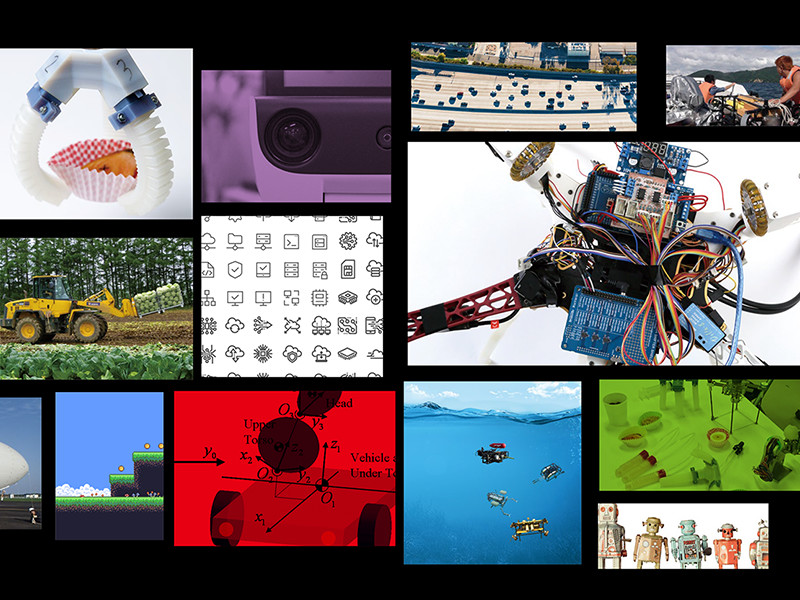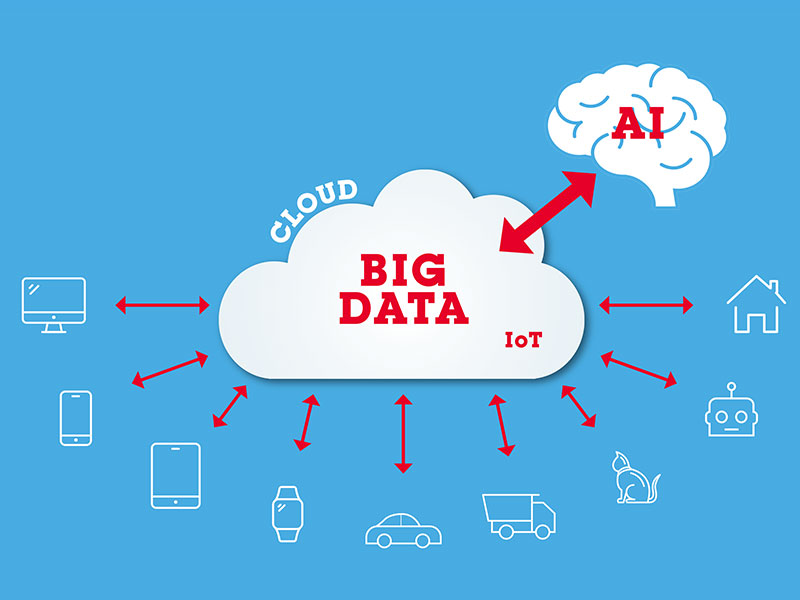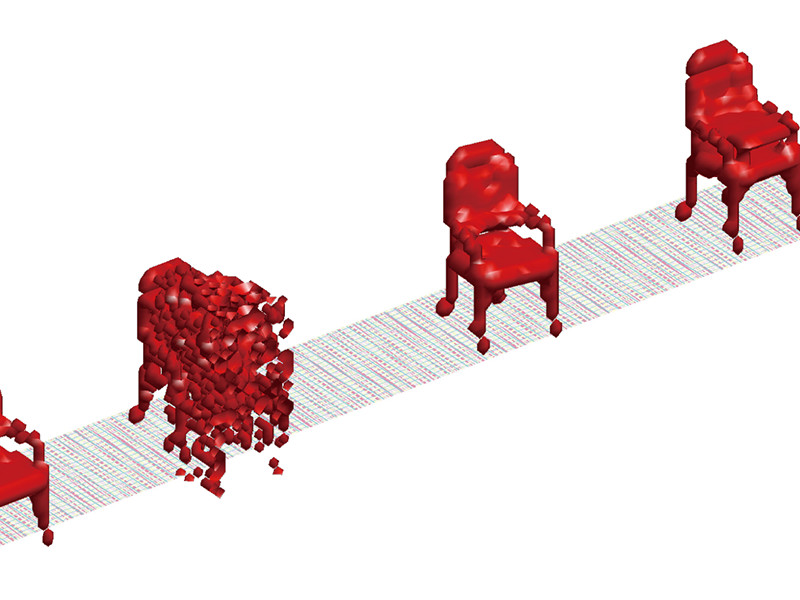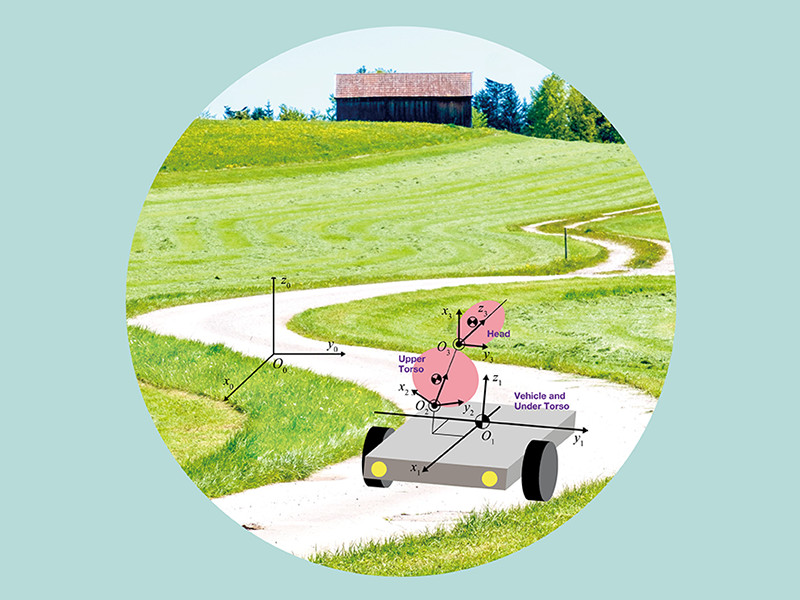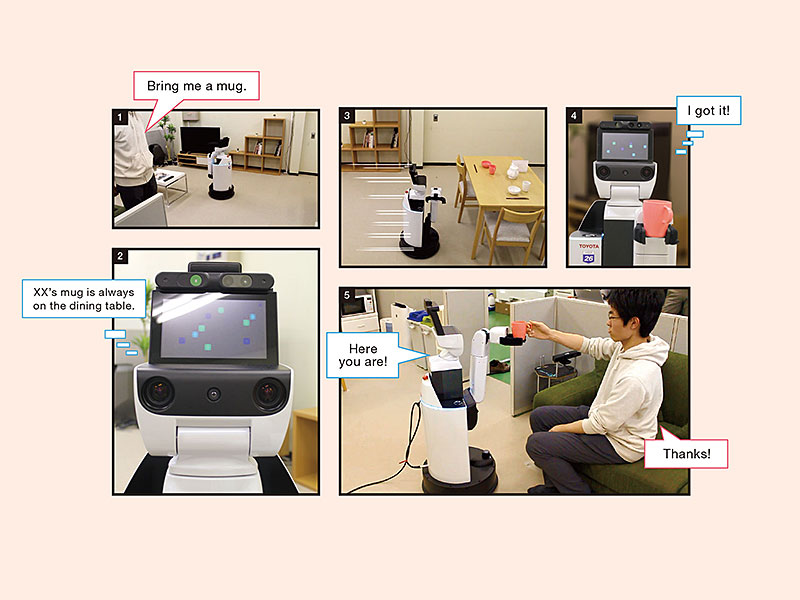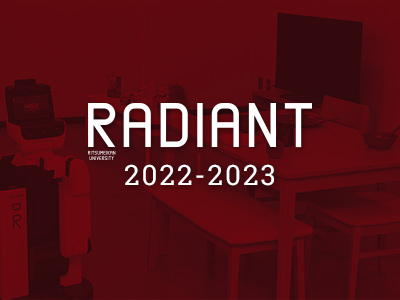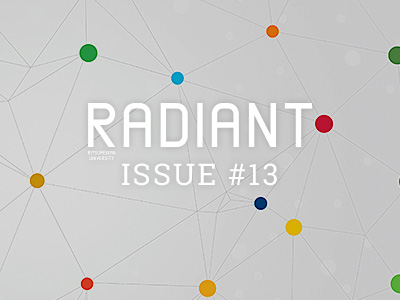STORY #6
Cloud Computing and AI: Changing the Business Landscape
Yuichi Yoda
Associate professor, College of Business Administration
Radical review of the roles of humans and AI in business
“With the arrival of cloud computing, which refers to sharing of computing resources over networks and also artificial intelligence (AI), the shape of business is now being changed completely.”
Yuichi Yoda is currently studying the influence of such innovation in information technology on the marketing practices and information system developments of corporations. “AI, which is currently mainstream, can acquire new recognition out of vast amounts of data, which people cannot handle themselves, all through deep learning. Deep learning is a new machine learning method that can create feature value independently based on the data itself. This is in addition to machine learning, which identifies hidden patterns and regularity out of the collected data,” Yoda explains. The current level of AI has become possible due to the capabilities of storing and processing huge amounts of data available from the computer’s enhanced processing capabilities and speed of a computer, in addition to cloud computing.
According to Yoda, AI may well change the corporate marketing practices greatly, especially the customer value creation processes. It may be completely different from the way things were beforehand.
“With traditional marketing research, consumer needs were surveyed through questionnaires and experimentation, which provided reasons that determined customer need.”
At the same time, the process in which AI can discover customer need in actual commercial environments such as in internet-related business is significantly different. For example, marketing at internet-related business sites utilizing AI does not probe customer need based on reasoning, as illustrated above. It pays attention to results, such as product browsing and purchasing patterns. Herein lies the main characteristic of machine learning, which learns from mass data in the form of results. One good example of this is the recommendation function (product recommendation), as provided by Amazon.com. It is said that, “About 30% of all sales on Amazon.com in 2011 were generated from recommended items on this information system.”
In addition, Google has already applied deep learning to more than 20 of its actual services. It is also applied to Google’s major service, i.e., Searching and Search advertising. As one of the key signals (elements) in the ranking of search results, RankBrain by deep learning has been introduced. In particular, relatively new search queries have shown the effects of the introduction of RankBrain. Google tries to understand what AI is actually doing as according to the characteristics of deep learning, which has become a black box (Yoda et al. 2016).
“We can see the effectiveness of a practical method to try and adjust to customer’s need based on the results acquired in the actual commercial environments that customers are dynamically involved in,” Yoda says.
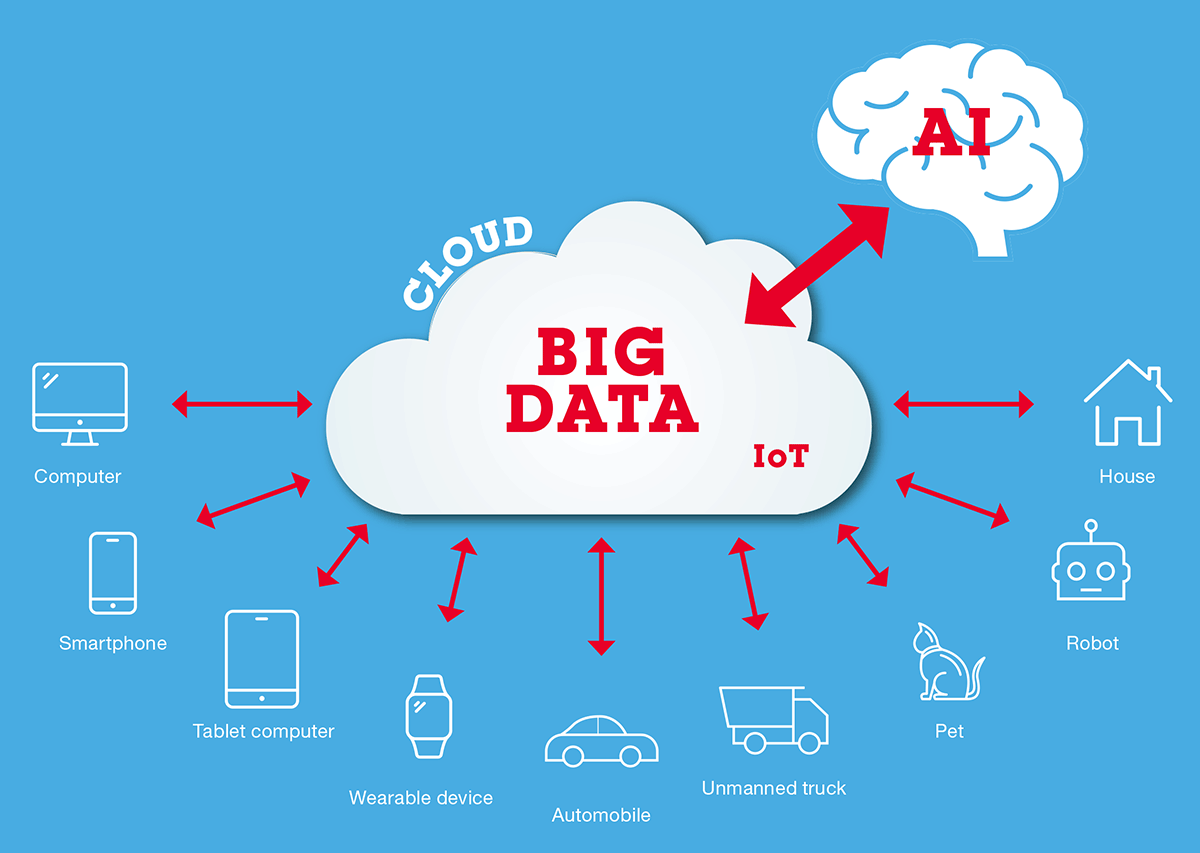
On the other hand, Yoda points out that cloud computing and AI have caused a paradigm shift not only for companies using information systems but also their providers. One of these is the utilization of the cloud service, Platform as a Service (PaaS). “PaaS is a service provided by a service provider as an application development environment and a provision environment on a cloud,” according to Yoda.
Previously, many companies had their own servers and other infrastructures, developed necessary applications, and built original information systems. However, by using PaaS, companies building an information system can utilize standard components of sophisticated software provided by PaaS and concentrate upon the development of applications tailored for their own objectives and needs. As cloud service providers bear the responsibility of maintenance and the management of information systems, system engineers (SEs) do not need to take care of maintenance and service issues, thus, resulting in a drastic cost reduction.
Recently, in addition to Business Intelligence (BI) tools and other data analysis services, machine learning and deep learning have been implemented in PaaS. As a result, user companies independently apply services with improved performance compared to conventional services, which may result in the re-assessment of service providers regarding the development, service, and maintenance of information systems, along with the re-assessment of IT consultants and SEs. For example, “These people will be required to play roles that only humans can carry out like problem setting so as to fully maximize the effectiveness of AI and data storage designs,” Yoda says. “Humans and AI can supplement each other by focusing on the strengths unique to humans that AI cannot handle, such as the capability to make assumptions with a limited amount of experience data, the ability and insight to understand context as endorsed by social and cultural experiences, the ability to establish questions, an aesthetic sense, and an understanding of sentiments.” In the world of business, how people could effectively complement each other is a current area of research. From now on, we should take into consideration how AI integrates into the business world.

- Yuichi Yoda
- Associate professor, College of Business Administration
- Subjects of research: A Research of Corporate Information Systems Management through Business Transformation: Flexibility and Strategic Extensibility of Information System, Corporate Information System Development utilizing Cloud Services: Through Platform as a Service(including Cloud AI), Philosophy-based management in corporate transformation
- Research keywords: Business model, Information systems management, Cloud service, PaaS, AI, Business transformation, Philosophy-based management



